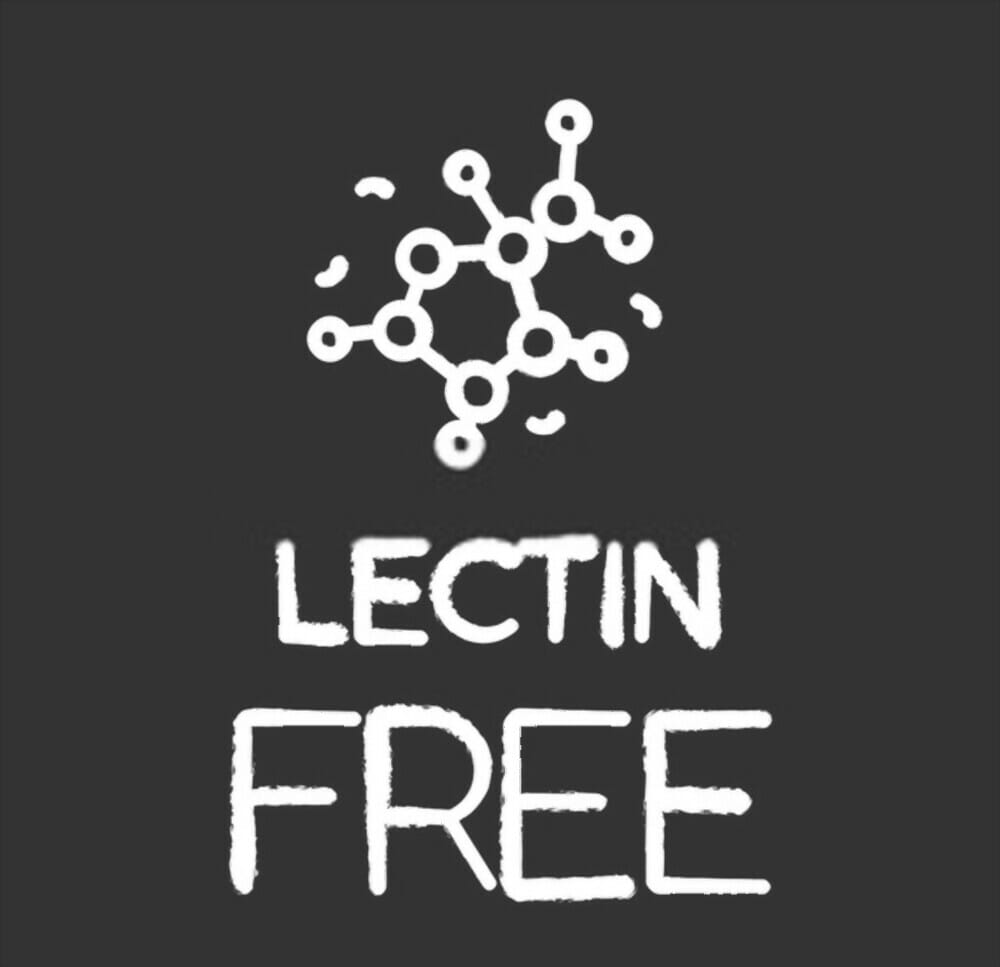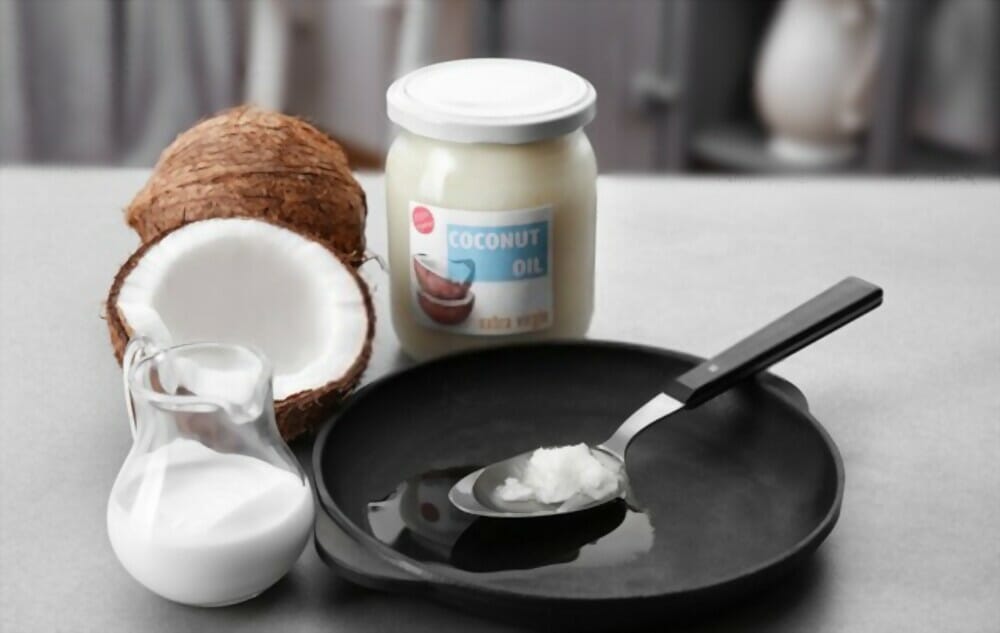Quick links of Article
Introduction
While lectins are found in many different foods, the good news is that there are also plenty of foods we can eat that don’t contain them. But these alternatives certainly won’t work for everyone.
For those who can avoid legumes like beans, lentils, and peanuts, as well as grains like corn and wheat, they may indeed help to prevent inflammation that leads to illness and disease.
If you feel like you have gluten sensitivity, have a look at this list of Dr. Gundry-approved foods.
While many foods contain lectins, which are a type of protein that can aggravate gut inflammation and have been linked to causing a diverse range of health issues, there is a way for you to combat this by using the right ingredients: legumes, lentils, peanuts, and grains are a few of them.
If these particular ingredients annoy you because you’ve noticed weight gain and other symptoms of inflammation after eating them, these alternative ingredients might be helpful for you and your body.
Who is Dr. Steven Gundry?

Before we dive deeper into the blog, let us first see who Dr. Gundry is.
Dr. Gundry is an American doctor and the founder of the Gundry MD company, as mentioned in the introduction.
He is an American heart surgeon who has spent a lot of time studying and researching ways to improve people’s lives.
In 2001, he was the former head of cardiothoracic surgery at Loma Linda University, and after treating a chronically ill, overweight patient who was labeled a “hopeless case,” Gundry MD was founded.
Dr. Steven Gundry believes that producing healthy goods allows him to help more people than using a scalpel blade.
What are lectin-free superfoods?

One of the more controversial diets, the Plant Paradox Diet, has been gaining popularity in recent years.
The diet, which involves a strict four-day cycle of eating and fasting, is designed to eliminate all lectins from the body.
The Plant Paradox Diet is simple to follow, as it merely requires eliminating foods that contain lectins.
Lectins are hazardous substances produced by plants to defend themselves against attackers, as you may be aware.
What are lectins, according to Dr. Gundry?
According to Dr. Gundry, lectins are primal plant proteins that are capable of agglutinating (clumping) certain types of cells and blood. They can be found in a wide range of food sources, and due to their ability to bind with cellular membranes, they can be extremely toxic to the human body.
This makes them a growing concern when it comes to the effects of eating non-organic foods.
There are many types of lectins, some of which work against us while others protect us from dangerous microbes.
Many lectins are harmful to humans because they can cause digestive disorders, leaky gut syndrome, and systemic inflammation. Fortunately, there are also beneficial types of lectins that boost immunity and prevent diseases like cancer.
The Lectin Free Superfoods Recommended By Dr. Gundry
Let us now have a look at the 17 lectin-free superfoods that are recommended by the legendary Dr. Gundry (Plant Paradox Diet).
1. Ripe Avocado
Dr. Gundry has great success in healing his patients with his nutrient-dense diet, especially for the treatment of chronic gut conditions like leaky gut syndrome or candidiasis.
As part of the diet, he prescribes an avocado every day to his patients to aid their bodies in detoxification and repair.
Avocado is a nutrient-dense food that can improve the health of your gut.
2. Leafy Greens
These have countless health benefits. Some of these are: lowering your risk of cancer; preventing heart disease; reducing body fat; detoxifying the body; and promoting hair health.
They can help with weight loss and the natural production of human growth hormones.
Dr. Gundry recommended eating leafy green vegetables as part of a healthy diet.
3. Brazil Nuts
These nuts contain key nutrients that can benefit your overall health. These nutrients include selenium, copper, and zinc. Selenium helps regulate thyroid function, pregnancy, and reproduction.
Zinc can help boost your immune system. Copper may help control cholesterol levels by converting some cholesterol into steroid hormones that your body can excrete.
Brazil nuts are a popular snack and food source that many people do not know much about. They have both a slightly sweet taste and a nutty flavor. Additionally, they are high in fiber and various minerals and vitamins.
4. Hemp Tofu
It, also known as bean curd or soybean curd, is a meat substitute made from soybeans. It is lower in calories and higher in protein than standard tofu.
Hemp tofu is an excellent source of non-animal-based protein and the perfect food for someone who follows a vegan diet.
Hemp tofu refers to tofu made out of hemp seeds. This can be used as an alternative to soybean, which often come from GMO crops.
5. Sweet Potatoes
These have been a staple in the diets of many cultures around the world. They are loaded with vitamins, minerals, and antioxidants. These orange-colored root vegetables are a smart addition to any meal plan or diet regime.
It is becoming increasingly clear that the sweet potato is more than just a carb-laden, desert-island option.
This starchy root vegetable has been found to help lower blood sugar, improve insulin sensitivity, and reduce inflammation in the body, which helps with weight loss.
6. Green Bananas
These have been in the limelight for some time now, thanks to Dr. Gundry and his recommendations for using them for weight loss. Of course, Dr. Gundry is not the only one of such high standing to recommend green bananas as part of a healthy diet.
Green bananas are frequently recommended as part of a weight loss plan, an overall nutrition plan, and a healthier lifestyle in general.
Green bananas have benefits such as being rich in potassium and containing natural starch and vitamin C. They are preferred by athletes because they are easy to digest and do not cause gas; they are considered dietary fiber.
7. Canned tuna
It has many benefits. It is healthy, cheap, and has a long shelf life. And the taste of canned tuna is neutral enough to fit into a variety of dishes.
Tuna is nutritious and a good source of protein, which makes it an excellent addition to your diet.
Dr. Gundry recommends canned tuna to anyone who wants to sneak more fish into their diet.
8. Coconut Oil

It is one of my favorite discoveries. This fat not only tastes great but has also been scientifically proven to boost energy and metabolism.
Coconut oil is an amazing cooking oil with a high smoke point (making it ideal for frying) as well as an excellent replacement for butter and vegetable oils in baked goods.
9. Arugula
It, also known as rocket, roquette, arugula, and rucola, is an edible green leaf usually served in a salad or as a garnish.
Arugula is an excellent source of vitamin K1 and a very good source of folic acid, dietary fiber, vitamins A and C, calcium, iron, magnesium, and manganese.
10. Walnut
It is an effective natural remedy that is good for your overall health. It contains several important B vitamins and minerals, such as manganese, copper, potassium, iron, and zinc.
These nutrients make the walnut able to boost your immune system and reduce inflammation.
Nutrients in walnuts also help improve blood circulation and protect against chronic illnesses and cancer.
11. Coconut Yogurt
This contains beneficial microorganisms that help your body assimilate nutrients and deal with harmful microorganisms in your gut.
Yoghurt also contains probiotics that help improve digestion and prevent diarrhea. It is also an anti-inflammatory food that aids in preventing allergies and asthma.
As if that isn’t enough, it provides a range of other health benefits, such as reducing the risk of heart disease, diabetes, and arthritis.
12. Oysters
These are some of the most nutrient-dense foods on the planet. They provide almost every essential nutrient needed by humans and have nearly no fat.
The health benefits include boosting metabolism and lowering cholesterol and blood pressure.
Oysters also offer antioxidants, increased energy, improved heart health, weight loss, and more.
13. Green Tea
Dr. Gundry argues that the best green tea to drink is matcha green tea.
Unlike other types of green tea, matcha has ten times the antioxidants as one cup of brewed green tea.
It also promotes detoxification, boosts the immune system, and is a natural weight-loss aid.
Green tea has been consumed as a beverage in Asia for thousands of years. In Chinese medicine, green tea is considered to be the ultimate source of healthy energy and the key to longevity.
14. Ghee
It has become a favorite for ketogenic, low-carb, and Paleo diets as it is generally considered safe for most people to eat.
Ghee contains no harmful trans fats or oxidized cholesterol.
It supplies butyric acid, a short-chain fatty acid that is produced by the fermentation of dairy sugars, to the body directly. Ghee can also be converted into monolaurin in the body, which has antimicrobial properties useful for fighting potentially harmful intestinal bacteria.
15. Carrot Greens
Healthy carrot greens are packed with lots of health benefits. They contain tons of antioxidants and vitamins like A, C, and K, as well as minerals like iron and manganese.
You can have them raw or cooked without worrying about diminishing these healthful components. You can use them in dips, salsas, sandwiches, or simply a huge number of different dishes.
16. Chinese Cabbage
This is a good source of lutein, vitamin K, and several other nutrients that are hard for the body to make on its own.
In addition, Chinese cabbage has calcium, magnesium, phosphorus, and potassium. It also has chlorophyll, which nourishes every cell in your body.
It detoxifies by helping the liver and kidneys eliminate waste products.
17. Flaxseeds
Flaxseed is loaded with fiber and omega-3 fatty acids. A single serving of flaxseed contains 50% of the daily recommended allowance of fiber, which helps reduce your cholesterol level.
Omega-3 fatty acids can reduce the risk of a heart attack by lowering blood pressure and lessening the likelihood of blood clots.
The seeds are also high in a rare form of soluble fiber called mucilage, which is found in okra and citrus fruits and likely gives flaxseed a mild laxative effect.
Enjoy whole flaxseeds in cereals and smoothies, or grind them for use in baked goods as a source of gluten-free flour.
FAQs (Frequently Asked Questions)

Hello, I am Ronald and I am the Health Enthusiast. I am also a full time certified Dietitian based in the USA and I have much knowledge about the ingredients used in different supplements. In my spare time I write the blogs after doing the extensive research and studies. I am also the Co-Founder of Eat Drink Binge.
